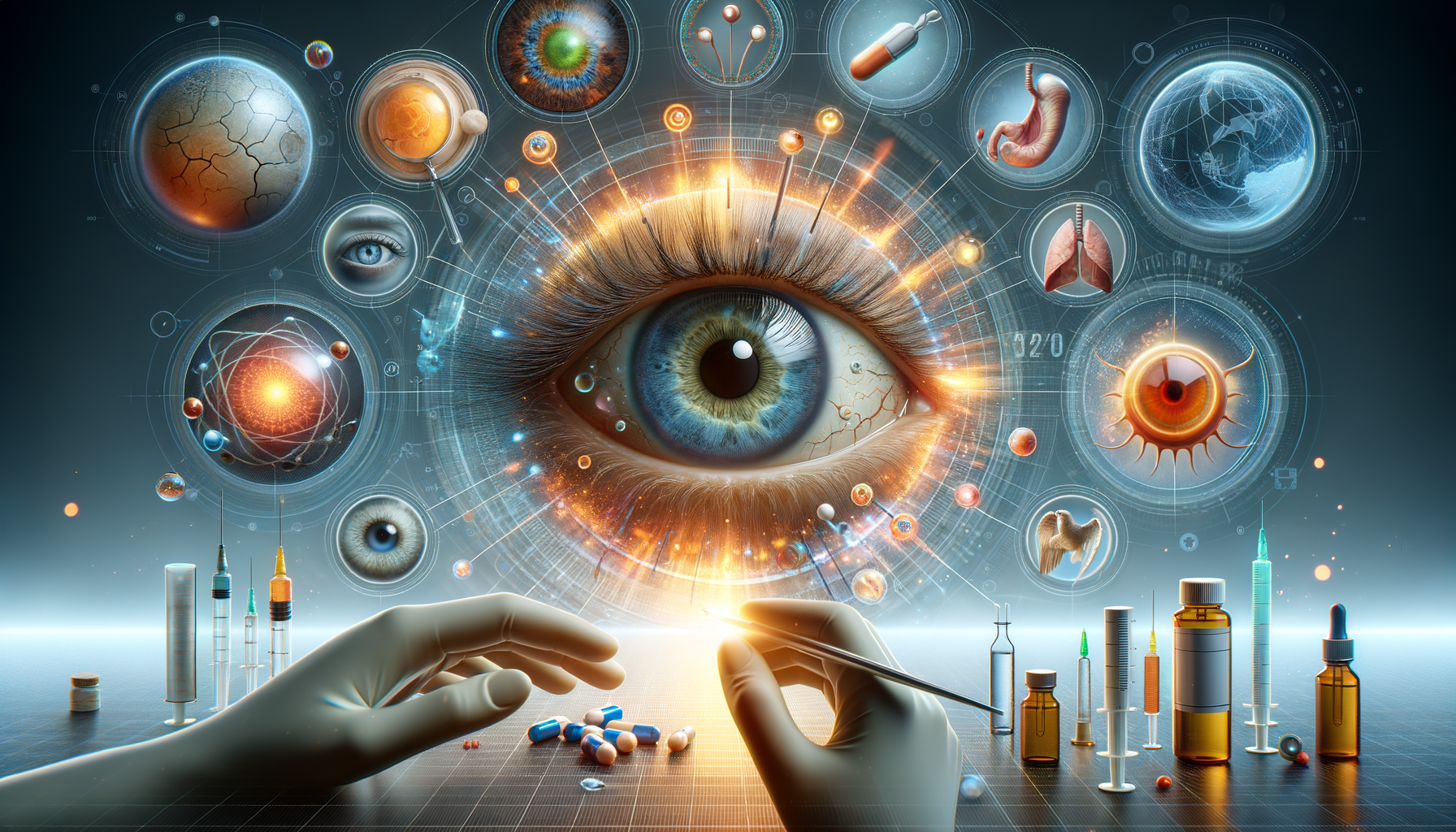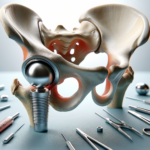Understanding Macular Degeneration
Macular degeneration is a medical condition that primarily affects older adults, leading to a loss of vision in the center of the visual field due to damage to the retina. This condition is a leading cause of vision loss and can significantly impact daily life, making it difficult to read, drive, or recognize faces. There are two main types: dry and wet macular degeneration. The dry form is more common and occurs when the macula thins with age. The wet form is less common but more severe, caused by abnormal blood vessels leaking fluid or blood into the retina.
Understanding the distinction between these types is crucial for diagnosis and treatment. The dry form progresses slowly, while the wet form can lead to rapid vision loss. Risk factors include age, genetics, smoking, and diet. Although there is no cure, early detection and management can help slow progression and preserve vision.
Symptoms and Diagnosis
The symptoms of macular degeneration can vary depending on whether the condition is in its early or advanced stages. Common symptoms include a gradual or sudden change in the quality of vision, distortion of straight lines, and dark or empty areas in the center of vision. These changes can significantly affect daily activities and quality of life.
Diagnosis typically involves a comprehensive eye exam, including a visual acuity test, dilated eye exam, and imaging tests such as optical coherence tomography (OCT) or fluorescein angiography. These tests help in assessing the extent of damage and determining the type of macular degeneration.
Early diagnosis is key to managing the condition effectively. Regular eye exams are recommended, especially for those over 50 or with a family history of the disease. Early intervention can slow progression and help maintain vision.
Treatment Options
While there is no cure for macular degeneration, several treatment options can help manage the condition and slow its progression. For dry macular degeneration, lifestyle changes such as a healthy diet rich in leafy greens and omega-3 fatty acids, quitting smoking, and protecting eyes from UV light can be beneficial. Nutritional supplements specifically formulated for eye health may also be recommended.
For wet macular degeneration, treatment options are more varied. Anti-VEGF injections are commonly used to reduce the growth of abnormal blood vessels and slow vision loss. Laser therapy and photodynamic therapy are other options that may be considered based on individual cases.
It’s crucial to work closely with an eye care professional to determine the most appropriate treatment plan. Regular monitoring and follow-up appointments are essential to adjust treatments as needed and preserve vision.
Innovations in Treatment
Research into macular degeneration is ongoing, with new treatments and technologies continually emerging. One promising area is the development of gene therapy, which aims to address the genetic factors contributing to the condition. Another innovative approach is the use of stem cells to regenerate damaged retinal cells.
Advancements in imaging technology are also improving the ability to diagnose and monitor the progression of macular degeneration more accurately. These innovations hold the potential to revolutionize the way the condition is managed, offering hope for improved outcomes in the future.
Staying informed about the latest research and treatment options is essential for those affected by macular degeneration. Engaging with support groups and participating in clinical trials can also provide access to new therapies and a sense of community.
Living with Macular Degeneration
Living with macular degeneration can be challenging, but there are strategies and resources available to help maintain independence and quality of life. Assistive devices such as magnifying glasses, large-print books, and electronic reading aids can make daily tasks more manageable.
Home modifications, like improved lighting and high-contrast markings, can enhance safety and ease of movement. Occupational therapy may also be beneficial in teaching adaptive techniques for daily activities.
Emotional support is equally important. Joining support groups and connecting with others who have similar experiences can provide comfort and encouragement. It’s important to maintain a positive outlook and focus on the aspects of life that bring joy and fulfillment.








